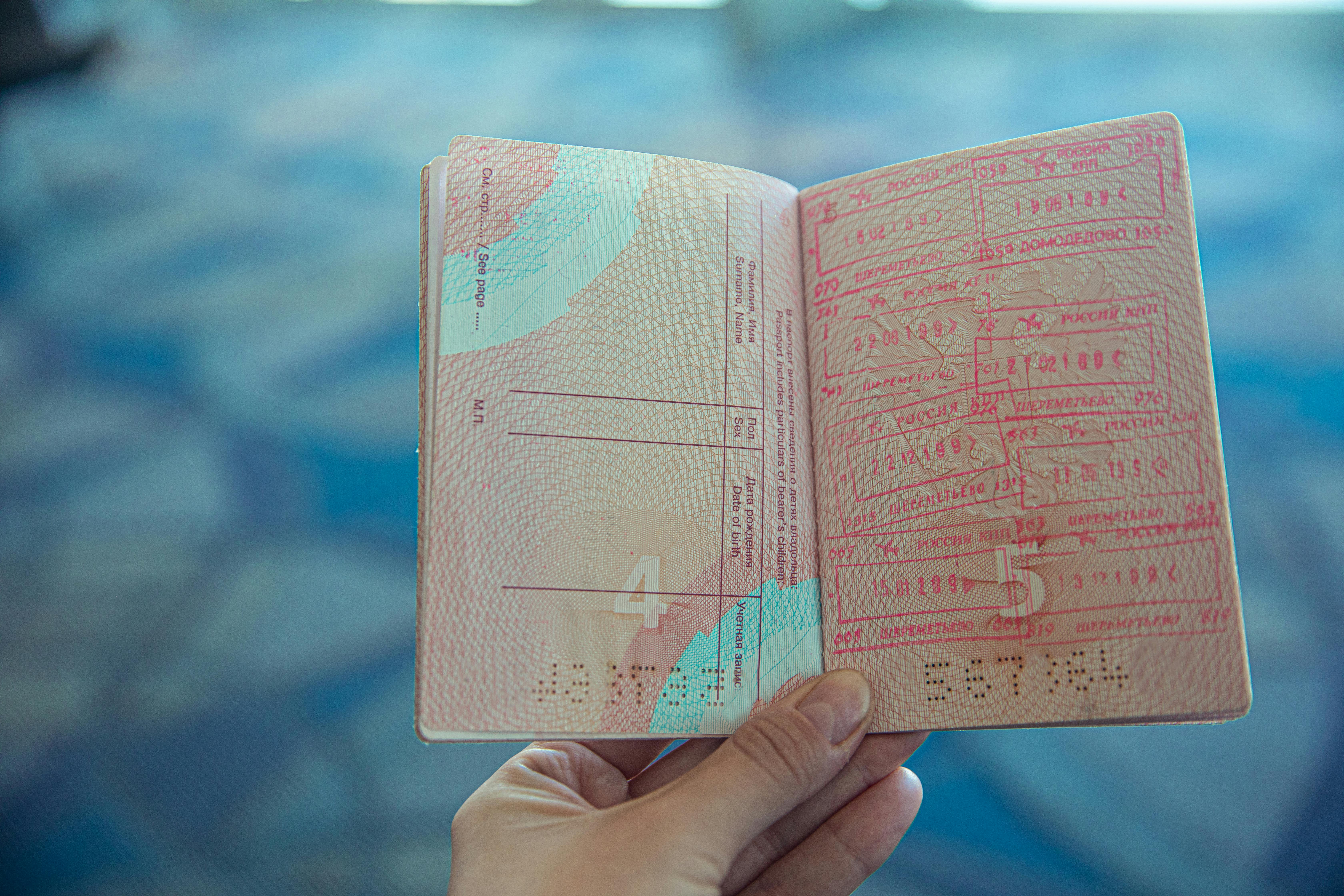
Introduction
In recent years, the process of obtaining a United States visa has evolved significantly, reflecting changes in national security concerns and immigration policies. One of the most notable updates affecting visa seekers is the requirement to disclose social media handles on the DS-160 application form. This new guideline applies to all applicants, highlighting the importance of transparency in the visa application process. In this blog post, we will explore the implications of this rule, its significance in the broader context of immigration policy, and essential steps for applicants to navigate the changing landscape of visa application processes.
What Does the Rule Say?
The recent updates provided by the US Embassy emphasize the necessity for visa applicants to report any and all usernames and handles used on specific social media platforms during the last five years. The platforms include:
- X (formerly Twitter)
- TikTok
- YouTube
This mandate encompasses both active and inactive accounts; any account utilized over the past five years must be disclosed, regardless of activity level. This provision aims to bolster the US government’s measures to ensure comprehensive background checks and assess potential threats.
Consequences of Non-Disclosure
Failing to disclose social media handles can lead to serious repercussions for visa applicants, as outlined by the embassy. The possible consequences include:
- Immediate visa denial
- Extended processing times due to additional scrutiny
- Flagging of future visa applications.
Furthermore, providing incomplete or inaccurate information can be viewed as a misrepresentation, potentially jeopardizing future travel to the United States. Therefore, it is imperative for applicants to provide complete disclosures along with their visa applications.
Why Does the US Collect This Information?
The requirement to disclose social media handles stems from the US Department of State’s efforts to enhance national security. By examining social media activity, authorities can better verify identities and identify potential security risks. This initiative reflects a global trend where immigration officials around the world utilize publicly available online data during background checks as part of their vetting processes.
Steps for Visa Applicants
For individuals applying for a US visa, there are several crucial steps to take in light of this new requirement:
- Review all social media accounts you have had over the past five years.
- Compile a list of all relevant usernames as they appear on the respective platforms.
- Include accounts that you may think are insignificant; even an old Twitter or Reddit account could be relevant.
- Maintain transparency: it is much safer to disclose more than you think necessary.
Following these guidelines will ensure that your application is not hindered by incomplete information.
Final Thoughts
This new rule serves as a critical reminder for visa seekers, particularly in India and other regions, to remain vigilant and transparent regarding their online presence. In today’s digital age, your online identity plays a significant role in how you are perceived by authorities. Ensuring that your DS-160 form is accurate and complete is not merely a bureaucratic formality, but a vital step towards securing approval for your US visa.
Whether you are a student, a professional, or a tourist, understanding this rule and complying with its requirements is essential for a smooth visa application process. By staying informed and adhering to the necessary steps, applicants can enhance their chances of successfully obtaining a US visa.
For those looking to stay updated on immigration policies and technology-related changes impacting visa processes, continue following official embassy communications and reliable news sources.
